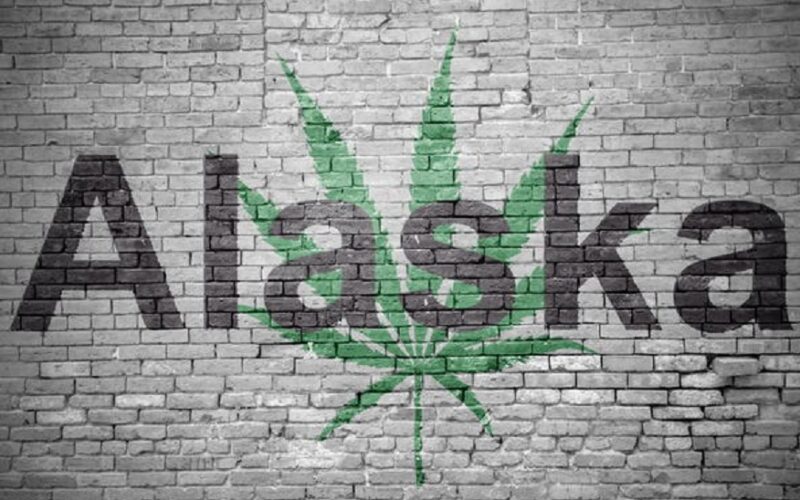California tends to be the poster child for all things marijuana related. It is certainly the poster child for excessively regulated state markets and the consequences that come from heavy regulation. But California is not the only state struggling here. Alaska is in the same boat.
Alaska legalized recreational marijuana back in 2014. What was supposed to be a boon for the legal marijuana industry has been nothing short of a nightmare. Things are so bad that industry representatives recently addressed a specially convened state committee where they told lawmakers they are desperate. As they put it, many of them are in survival mode at this point.
Legal Operators Can’t Compete
So what is the issue in Alaska? Is the same issue that plagues California: high taxes. Alaska lawmakers decided to tax recreational marijuana at $50 per ounce. That tax is collected by growers when they sell their plants to processors and retailers. It ultimately gets passed on to retail customers.
Regardless of your position on taxation, you need to admit that $50 per ounce is excessive. It makes sense that retail buyers would seek cheaper options. They find those options on the black market.
As with California, estimates based on anecdotal evidence suggests that up to half of all the recreational marijuana consumed in Alaska is purchased on the black market. Black market operators can easily undercut their legal counterparts because they do not collect and pay taxes. They also don’t follow any of the other state regulations currently in force.
Operators Want Lower Taxes
You can probably guess what legal marijuana operators want out of their state lawmakers: lower taxes. A bill designed to accomplish just that was introduced earlier this year. It sought to replace the $50 per ounce tax collected by cultivators with a 3% sales tax collected by retailers.
Some lawmakers did not feel the 3% was enough. They amended the legislation to raise the tax to 10%. Marijuana operators turned around and rejected that proposal. They say that a 10% tax would be just as punitive as the current tax regime. It will still be high enough to push consumers toward the black market.
A Delicate Balance to Achieve
The problems in California and Alaska demonstrate how difficult it is to achieve the delicate balance between state interests and consumer demand. The fact of the matter is that state governments want their piece of the revenue pie in exchange for legalizing marijuana. An alternate but equally true fact is that consumers will buy their marijuana from whoever sells it at the cheapest price.
Out in Utah, where cannabis dispensary Beehive Farmacy operates locations in Salt Lake City and Brigham City, regulators seem to have found that sweet spot. Medical cannabis in Utah is still subject to taxes. Taxation still leads to price increases. But Utah does not seem to have nearly as big a problem with the black market.
It could be that Utah benefits from a lower demand for medical cannabis. Recreational consumption is not allowed there, so the market isn’t as lucrative for illicit operators. But still, Utah’s regulations seem to work well.
Something Has To Be Done
Meanwhile, up in Alaska, something needs to be done or dozens of marijuana businesses could close by the end of the year. Every legal business that shuts down opens the door for illicit operators to gain a larger market share. Lawmakers need to take action, or they face the very real prospect of the legal market collapsing entirely. Any such collapse could leave the black market firmly in control of Alaska’s marijuana trade.

